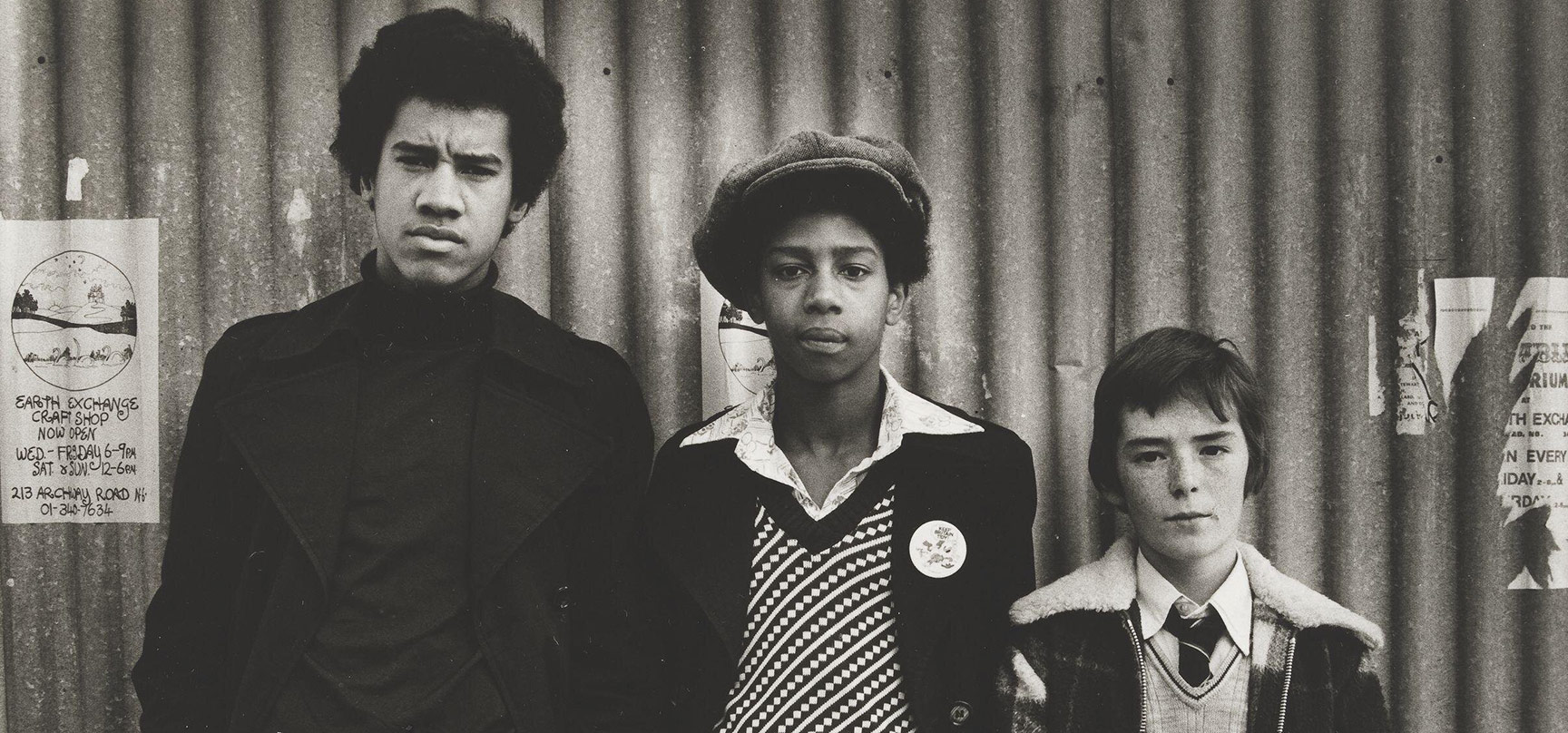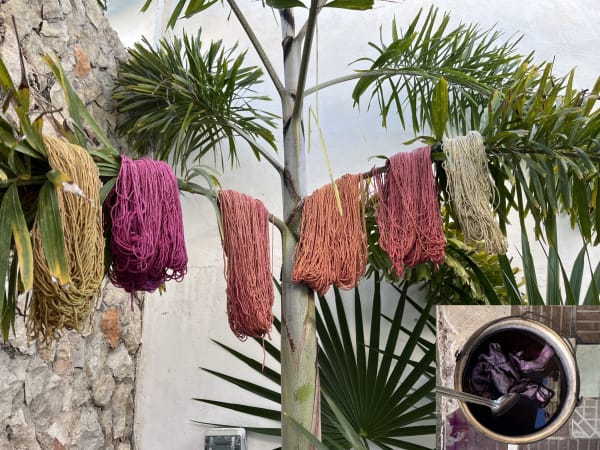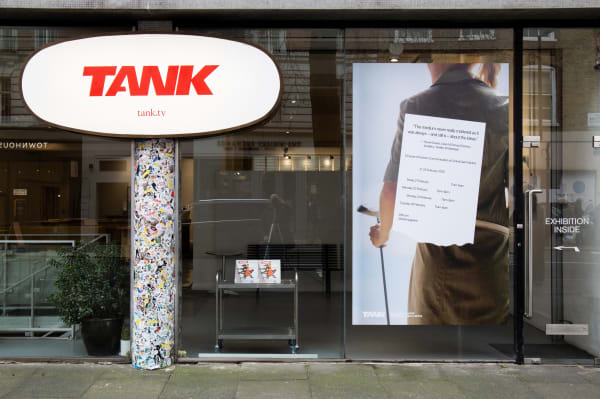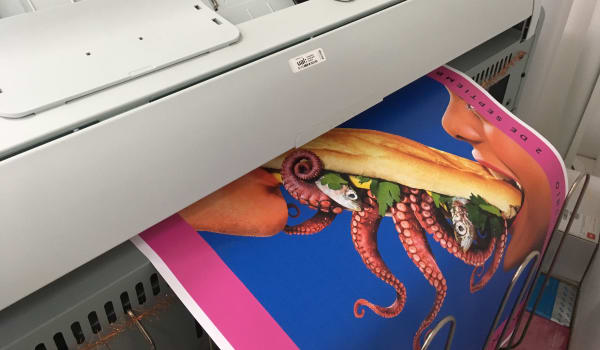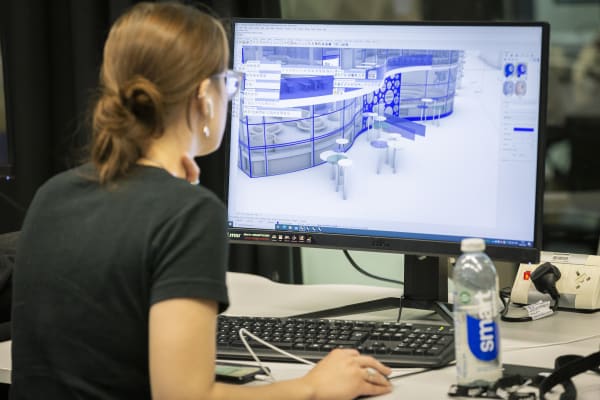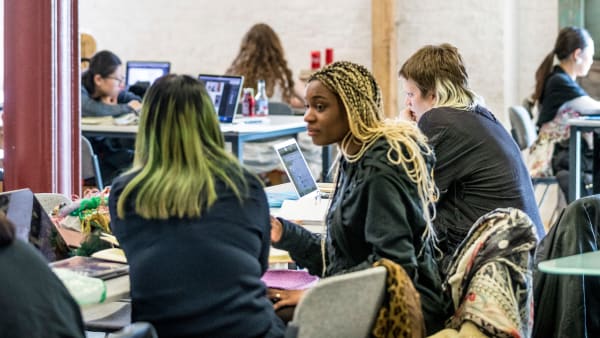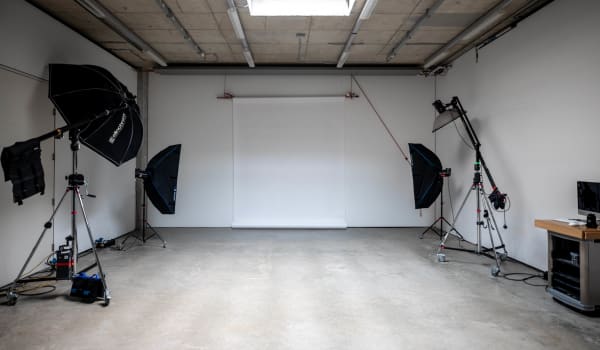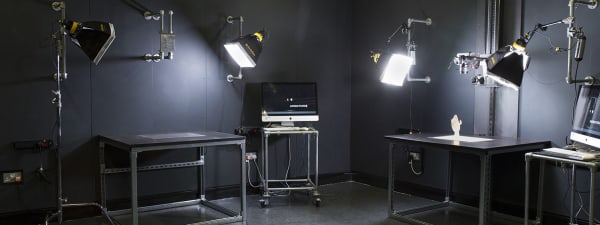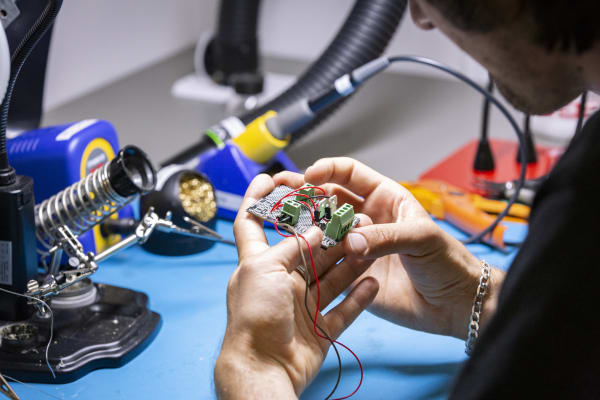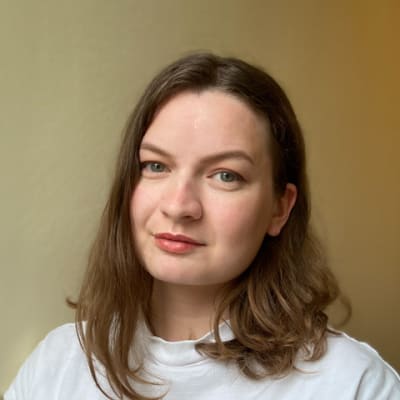Course units
MA Fashion Communication is designed to further progress your specialist skills. The course equips you with the breadth of skills needed for employment in the fashion communication industry. Strong emphasis is placed on personal and professional development. The curriculum is enhanced by the energy that derives from the fusion of students across three pathways. You will interact with students from a wide range of backgrounds and cultures. As part of this, you will be expected to learn and problem-solve from their experience as well as your own. You will be expected to build your own relationships and networks externally to the college with the wider industry, taking advantage of the resources within the Kings Cross Knowledge Quarter and those further afield.
At an early point in the course, you will interact with students on the MA Fashion course, learning about the designs process and developing your collaborative skills. You will also collaborate with students from the Grad Dip Fashion course and with other Central Saint Martins courses (which may vary from year to year).
Unit 1: Investigation
Unit 1 is devised to challenge your assumptions and broaden your thinking. It will encourage you to develop a greater knowledge of your specialist subject, as well as the international aspects of the fashion communications industry. You will also study fashion and its histories within the context of art and design theory and practice. This will deepen your understanding of the impact of the social, economic and cultural role of fashion in society. You will explore the disciplines, rigour, operational aspects and the inter-disciplinary nature of the fashion industry. You will acquire a commercial and market awareness in order to gain an international perspective.
This is complemented by first-hand observation of how fashion collections are created and how fashion designers work. A project in this unit gives you the opportunity to work collaboratively with MA Fashion designers as they prepare for their show during London Fashion Week or their course-end exhibition. This mutually beneficial project may involve analysis of the designers’ collections and the creation of visual or written content as an academic or creative response to their collections.
Unit 2: The Collaborative Unit
Unit 2 runs alongside Unit 1 and provides opportunities for inter- and cross- disciplinary research and practice co-operation with other postgraduate courses.
You will undertake this college-wide collaborative unit during the Spring term. This unit is designed to offer a robust framework for developing practice across the College in relation to our social purpose.
Unit 3: Specialist Major Project – Planning, Preparation and Negotiated Phase
The skills, knowledge and new approaches you acquire during the first three units will support and inform your direction in the planning, preparation and negotiation of your self-initiated Major Project in Unit 4.
Unit 4: Specialist Major Project – Realisation and Presentation Phase
Having completed Unit 3, during the final unit of the course you will fully realise and present your Major Project.
Important note concerning academic progression through your course:
If you are required to retake a unit you will need to cease further study on the course until you have passed the unit concerned. Once you have successfully passed this unit, you will be able to proceed onto the next unit. Retaking a unit might require you to take time out of study, which could affect other things such as student loans or the visa status for international students.
CSM Academic Support is delivered by a team of academics and practitioners working alongside your course to help you progress and achieve your maximum potential as a student. Academic Support can help you to develop your skills in different areas, including critical thinking, research and writing, time management, presentations and working independently and collaboratively. These may be offered as part of your timetabled classes or as bookable tutorials and workshops.
Mode of study
MA Fashion Communication is offered in full-time mode that runs for 45 weeks over 12 months. You will be expected to commit 40 hours per week to study, which includes teaching time and independent study.
Credit and award requirements
The course is credit-rated at 180 credits.
On successfully completing the course, you will gain a Master of Arts (MA degree).
Under the Framework for Higher Education Qualifications, an MA is Level 7. All units must be passed in order to achieve the MA but the classification of the award is derived from the mark for the final unit only.
If you are unable to continue on the course, a Postgraduate Certificate (PG Cert) will normally be offered following the successful completion of 60 credits, or a Postgraduate Diploma (PG Dip) following the successful completion of 120 credits.
